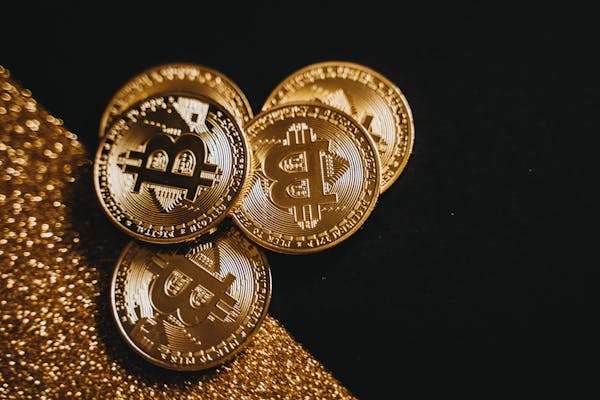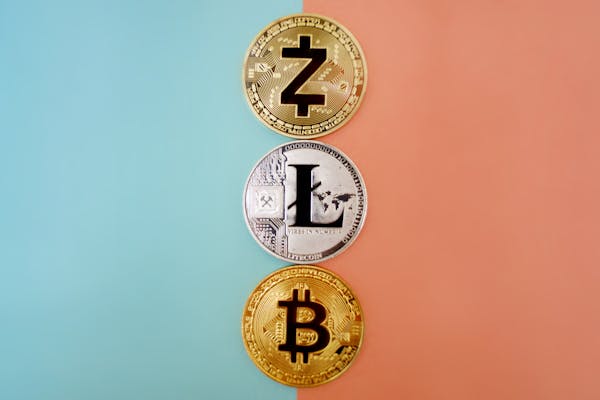A crypto wallet is a digital tool that stores public and private keys. It can also perform other functions, like encrypting and signing information.
They can be software or hardware and can connect to exchanges or decentralized apps. There are also custodial and non-custodial options, so choose one that aligns with your priorities and level of risk tolerance. Discover more at Cryptsy.
What is a crypto wallet?
Crypto wallets are software or hardware devices that enable users to manage their cryptocurrency holdings. Rather than storing physical coins, they store the private keys that prove ownership and allow users to make transactions on public blockchain networks.

There are many types of crypto wallets, from physical hardware devices that look like USB sticks to mobile apps that let you buy and sell cryptocurrencies at any time. You should choose a wallet that supports the currencies you want to hold and transact in, as well as one that offers a balance of security and convenience.
The most secure wallets are cold, or offline, and don’t connect to the internet. They can still be subject to theft if lost or stolen, however. Custodial wallets entrust security to a third party, while self-custodial wallets require you to safeguard your own private keys. There are also hot, or online, wallets that connect to exchanges to facilitate transactions. These can be more convenient but are less secure.
Cold wallets
Cold wallets are designed to protect cryptocurrencies over the long term from online hacking. They are able to achieve this by keeping your private keys offline and away from malware infected computers. They are most popular in the form of hardware wallets, which resemble USB devices and offer high levels of security. They can be used with a software wallet to sign transactions, which is then broadcast to the blockchain.
However, these devices can be expensive and are not ideal for investors who may require frequent access to their cryptocurrencies. This is because it takes a significant amount of time to connect to the Internet and complete a transaction using your hardware wallet. Consequently, many users prefer to use a software (hot) wallet for regular trading and staking activities. Ultimately, the choice depends on how much you value security. For example, those who invest large amounts in cryptocurrencies are likely to opt for a cold wallet to prevent losses due to on-chain attacks.
Hot wallets
Hot wallets, also called software wallets, are connected to the internet and designed to transact cryptocurrencies quickly and easily. They are available as apps on smartphones and computers and come in various shapes and sizes.
They are the most popular form of crypto wallets for new users because of their convenience and ease of use. However, their connection to the internet exposes them to cyberattacks, as private keys are generated and stored online, making them vulnerable to hacking and unauthorized access.
As a result, they are best used for small daily transactions and not for long-term storage of large sums of cryptocurrency. Ideally, you should store a majority of your holdings in cold wallets and utilize hot wallets to trade and make payments. In this way, you will minimize the risk of exposure to vulnerabilities. You can also try using hardware cold wallets, such as Trezor or Exodus, which offer a combination of security and convenience.
Security
Crypto wallets safeguard your holdings from hackers using a variety of measures. They use tokenization to replace your actual card number with a unique token during transactions, so if a merchant suffers a data breach, the hackers will not get your real card number. They encrypt sensitive data and require multi-factor authentication to login and make transactions. Some advanced wallets use biometric authentication such as fingerprint scanners or facial recognition and include features like secure enclave, which provides a hardware-based isolated environment on your device.
Despite these strong security measures, wallets are still vulnerable to a variety of threats including hacking attacks, phishing attempts, and malware infections. Users should follow best practices for securing their wallets, such as keeping software and apps updated with the latest security patches, using strong passwords and enabling two-factor authentication, and storing private keys offline in a safe place. They should also keep a backup copy of their recovery phrases and not share them with anyone.

